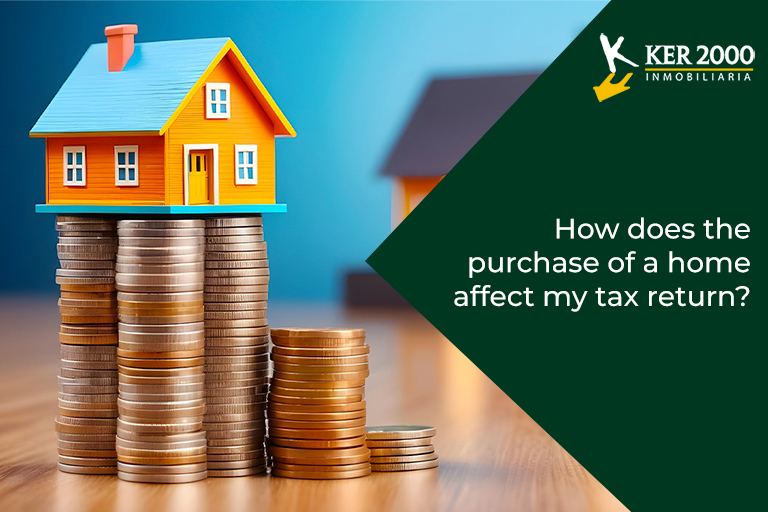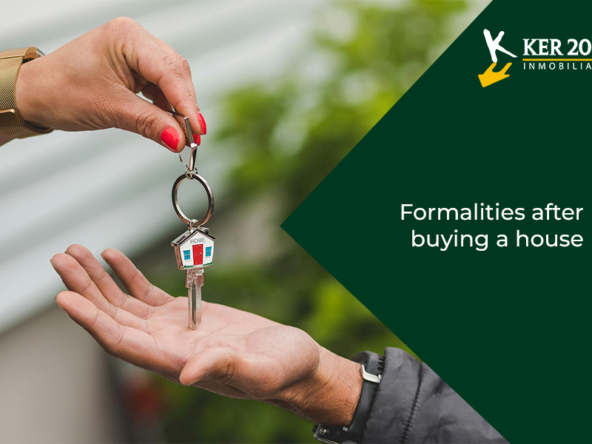Buying a house is more than just a property transaction; it also carries significant tax implications. This article delves into how the purchase of a property is taxed in the 2023 income tax, from the obligations you need to meet to the various ways it can affect your taxes.
Do I need to declare the purchase of a property?
Yes, declaring the purchase of a property is mandatory. Whether you buy a house to live in or as an investment, this transaction must be included in your income tax return after buying a property. Here, we explain what you need to know and do.
Income tax return after the purchase of a main home
If you bought your home before 2013 using a mortgage loan, you may be able to take advantage of an income tax deduction of up to 15%, with a limit of 9,040 euros per year. Although direct deductions for the purchase of new homes have disappeared, certain autonomous communities offer tax benefits aimed at young people or the promotion of less populated areas. It is important to consult local regulations to see if any of these advantages apply to you.
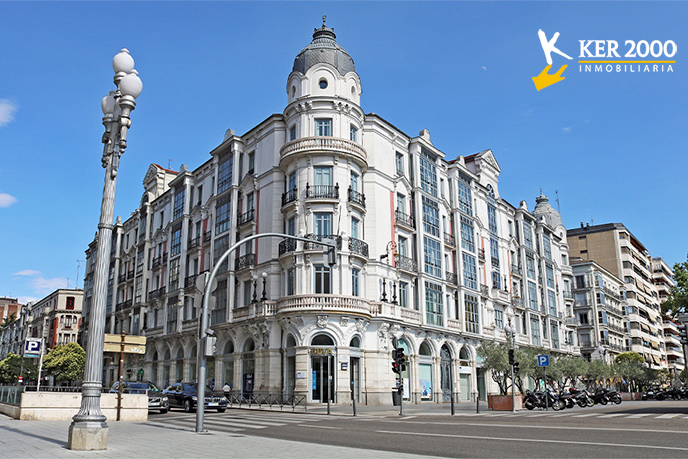
Note: When you buy a property and it becomes your main residence, it is essential that you update your situation in the income tax return. How is this done? To make the income tax return after the purchase of a main home, you must first indicate the change of address in your return. Additionally, it is important to register the property details such as its cadastral reference and any other relevant technical information.
You might be interested in:
How is the purchase of a second residence taxed?
Taxation changes if the property acquired is not your main residence. For example, if you buy a holiday home or a second property, it is considered as an increase in your assets and must be taxed accordingly. Normally, you will have to pay 2% on the cadastral value of the property, or 1.1% if the cadastral value has been reviewed in the last 10 years. This amount is added to your taxable income under the category of “imputed income from real estate”.
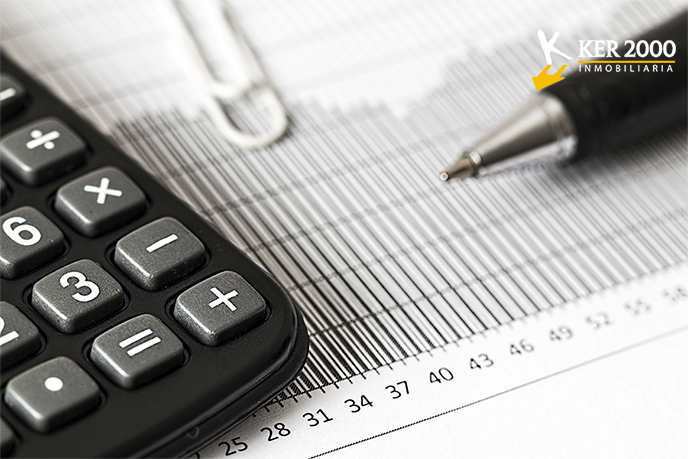
Claiming deductions for a property to be rented out
For those wondering if they can deduct the purchase of a property in 2023, if the house was acquired to be rented out, the rents obtained must be declared as income from real estate capital. This includes, especially, situations where the property is used as the main residence of the tenant, allowing a deduction of 60% on the net income obtained. It is important to be precise in the declaration to ensure that all possible deductions are taken advantage of.
You might be interested in:
Autonomous deductions for the income tax of 2023
Here is a summary of the main deductions for the purchase of a property applicable in each autonomous community:
- Andalusia: Deductions for rental of main residence and for investment in protected housing or for young people.
- Aragon: Deductions for renting social housing, for renting main residence linked to dation in payment, and for acquisition or rehabilitation of housing in rural nuclei.
- Asturias: Includes deductions for renting main residence and for acquisition or rehabilitation of housing in areas at risk of depopulation.
- Balearic Islands: Deductions for renting real estate intended for housing and for investments that improve the sustainability of the main residence.
- Canary Islands: Deductions for renting main residence and for investment in main residence.
- Cantabria: Deductions for renting housing in areas at risk of depopulation and for renting main residence by young people and people with disabilities.
- Castilla-La Mancha: Includes deductions for renting main residence for large families, young people under 36, and single-parent families.
- Castilla y León: Deductions for renting main residence for young people and for acquisition or rehabilitation of housing in rural nuclei.
- Catalonia: Deductions for renting the main residence and for its rehabilitation.
- Extremadura: Deductions for acquisition or rehabilitation of main residence for young people and in rural areas.
- Galicia: Deductions for rehabilitation of buildings in historic centers and for acquisition and rehabilitation of housing in model village projects.
- Madrid: Deductions for expenses derived from the renting of housing and for payment of interest on loans for the acquisition of housing by young people.
- Murcia: Deductions for acquisition of new main residence or extension for large families and by young people under 35.
- La Rioja: Includes deductions for investment in main residence by young people under 36 and for renting main residence.
- Valencian Community: Deductions for renting main residence and for the first acquisition of main residence by young people under 35.
Each community has its specificities, so it is important to review the specific conditions and how these deductions can be applied in your case. For more details, you can visit this link and explore the deductions by community.
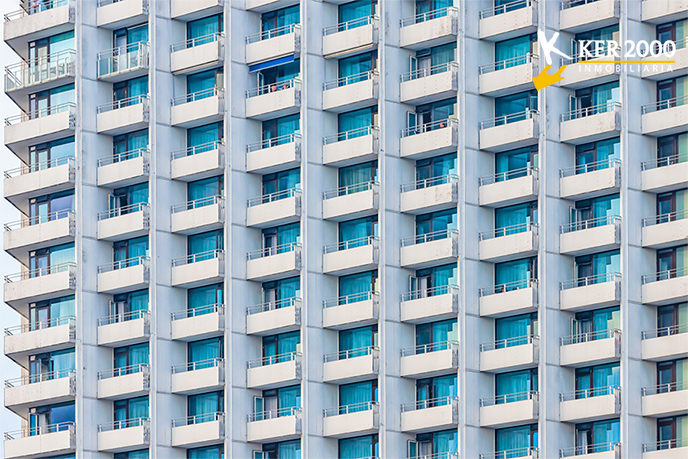
Conclusions
Understanding how the purchase of a property affects your income tax return is key to managing your personal finances efficiently. Each step, from the purchase to the declaration, must be handled carefully to make the most of possible deductions and avoid mistakes that could cost you money. It is always advisable to consult a tax advisor to clarify specific doubts and ensure that every detail is correctly reported to the Tax Agency.
Before we conclude, we encourage you to take a look at our catalogue of new construction in Valladolid. You are sure to fall in love!




